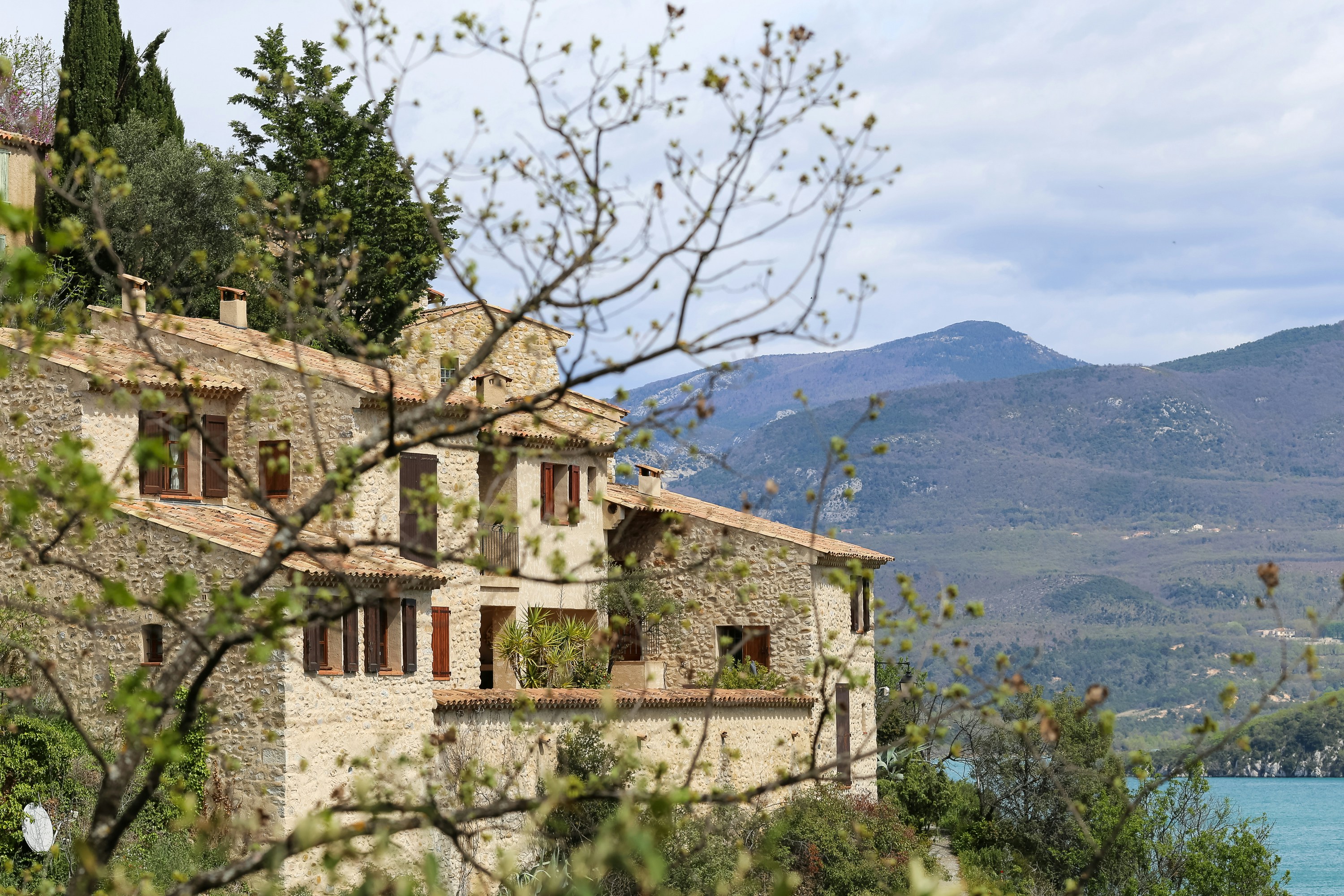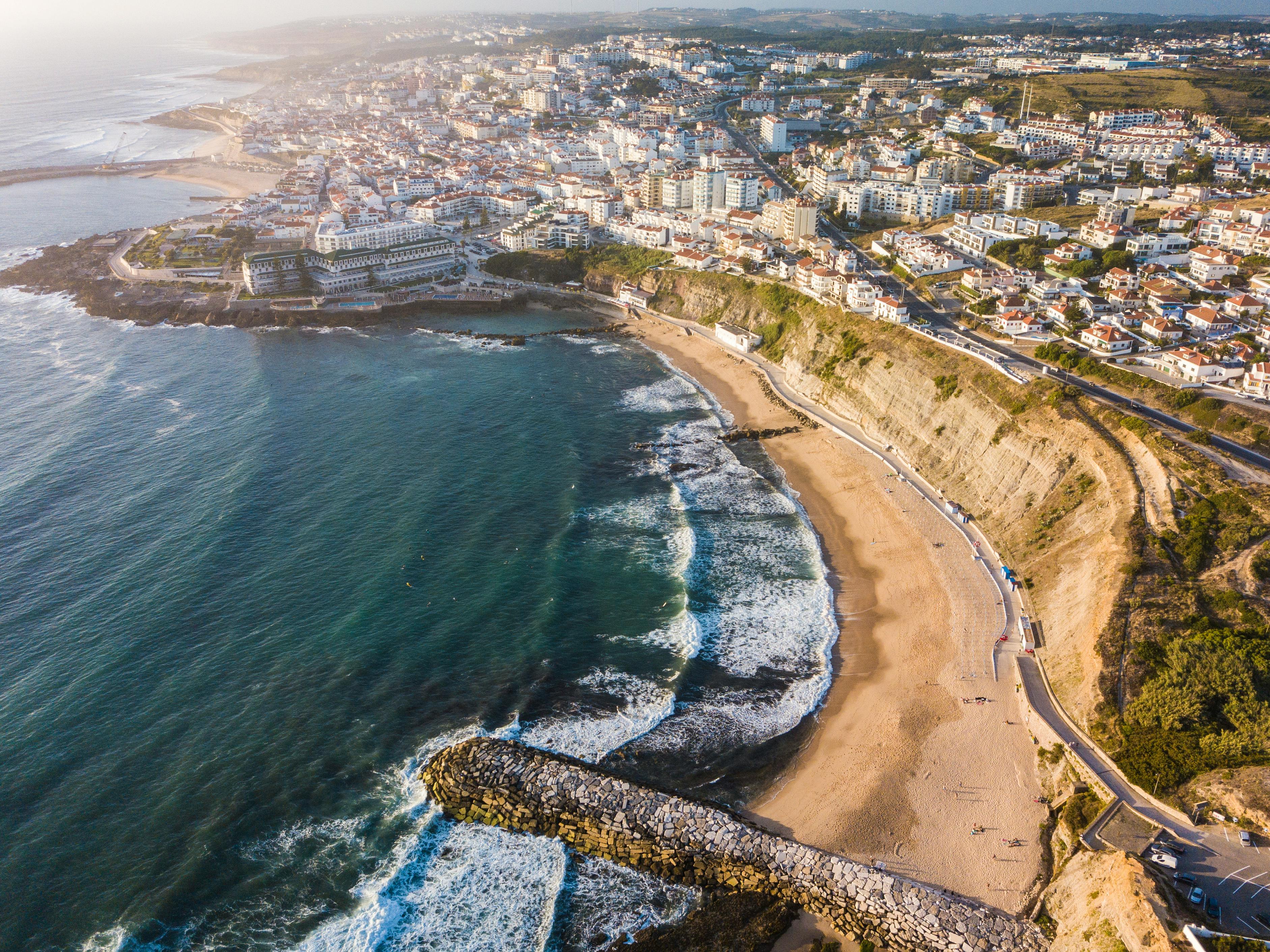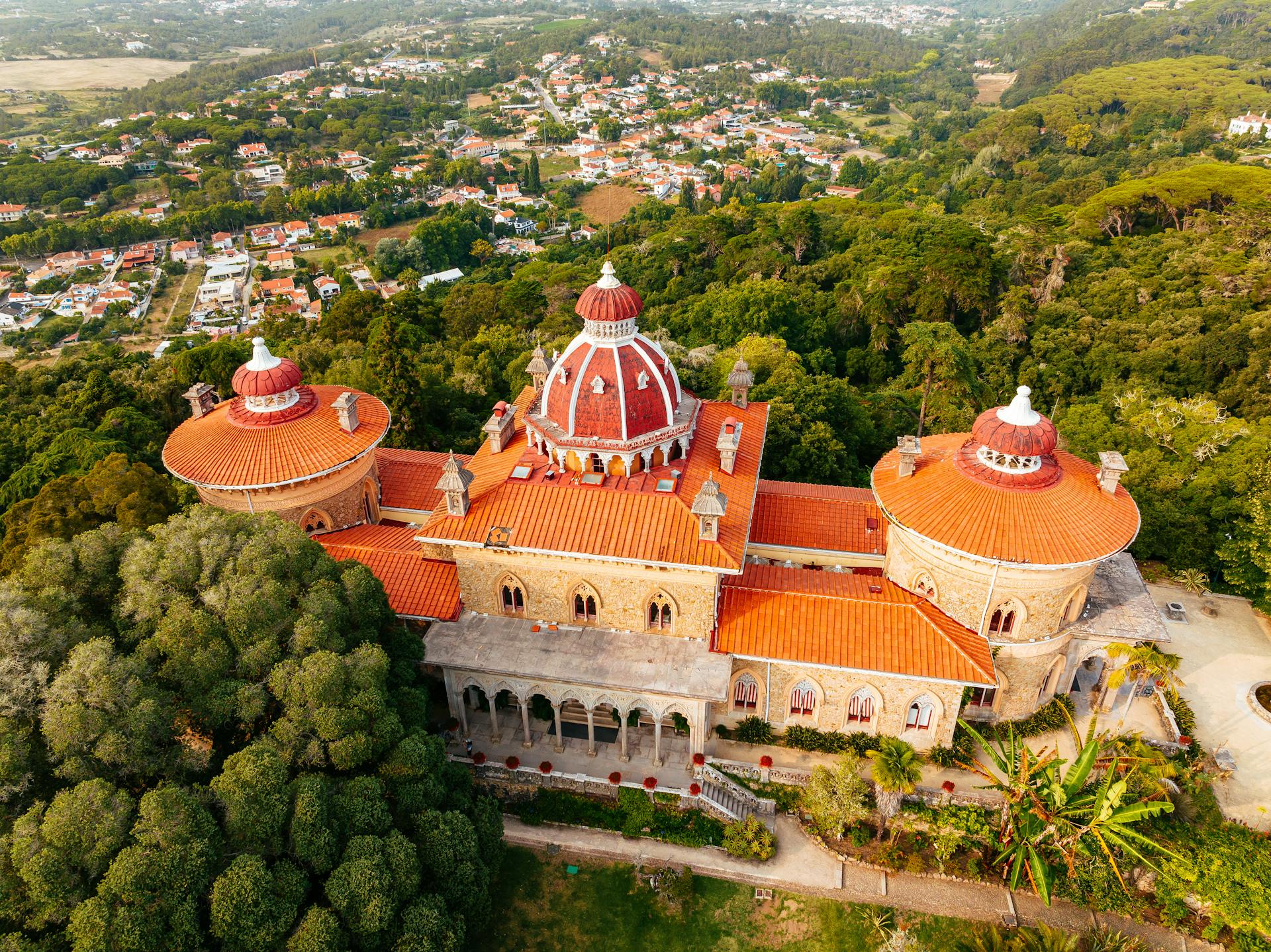Property Taxes in Portugal: 2025 Guide for Buyers and Owners

- Remove the current class from the content27_link item as Webflows native current state will automatically be applied.
- To add interactions which automatically expand and collapse sections in the table of contents select the content27_h-trigger element, add an element trigger and select Mouse click (tap)
- For the 1st click select the custom animation Content 27 table of contents [Expand] and for the 2nd click select the custom animation Content 27 table of contents [Collapse].
- In the Trigger Settings, deselect all checkboxes other than Desktop and above. This disables the interaction on tablet and below to prevent bugs when scrolling.
Interest in the Portuguese real estate market continues to grow, attracting international buyers seeking a lifestyle, investment potential, or both. With no restrictions on foreign ownership, it's possible to buy residential or commercial property under the same legal terms as Portuguese citizens.
That said, anyone purchasing property in Portugal—whether as a resident or not—will be subject to a set of taxes tied to the purchase and long-term ownership. Therefore, it is imperative to understand how property taxes in Portugal are calculated, as rates, exemptions, and regional adjustments can have a substantial impact on the total cost of owning a home.
To that end, this guide outlines the key property taxes in 2025—IMT, stamp duty, IMI, and surcharges—and how they differ across regions such as Lisbon, Porto, Madeira, the Azores, and the Algarve.
Can Foreigners Buy Property in Portugal?
Foreign nationals are permitted to purchase property in Portugal without restrictions. The process is similar for both residents and non-residents, and it applies equally to EU and non-EU buyers. All that is required is a Portuguese tax identification number (NIF), a local bank account, and compliance with legal and tax procedures.
Buying property in Portugal as a foreigner includes the right to purchase residential, commercial, or rural land—and ownership is not limited by visa status or nationality.
Main Property Taxes in Portugal
IMT – Property Transfer Tax
IMT (Imposto Municipal sobre as Transmissões Onerosas de Imóveis) is a one-time tax paid at the time of purchase. It's calculated based on the higher of (a) the official tax value (VPT) or (b) the declared purchase price. The tax rate varies depending on the type of property and its intended use.
IMT Rates in 2025:
- Primary residence: Progressive rates from 0% to 7.5%.
- Secondary residence / rental property: Up to 8%.
- Land or commercial property: Flat 6.5%.
- Luxury homes (over €1 million): Flat 7.5%.
Deductible thresholds and brackets were updated in 2025. In high-value areas like Lisbon real estate, buyers will typically hit the top IMT rates. In Madeira, lower values may place buyers in more favorable brackets.
Example: Buying a €500,000 property in Lisbon as a secondary residence triggers an IMT close to €28,000. The same purchase in Madeira or the Azores, where property values and VPTs are lower, may result in significantly less tax.
IMI – Annual Municipal Property Tax
IMI (Imposto Municipal sobre Imóveis) is an annual tax paid by all property owners in Portugal, based on the official property valuation (VPT). Each municipality sets its own IMI rate within government-defined limits.
IMI Rates (urban properties):
- Minimum: 0.3%.
- Maximum: 0.45% (or up to 0.5% in specific exceptions).
- Rural land: Fixed at 0.8%.
Regional differences:
- Lisbon: 0.3% in most parishes.
- Porto: Typically 0.324%, with minor variations between parishes.
- Madeira and the Azores: Automatic 30% reduction in IMI across the board.
IMI is paid annually in one, two, or three installments, depending on the total amount owed. There are exemptions for low-income households, newly constructed homes, and designated urban rehabilitation areas, all of which come with specific income, property value, and duration criteria.
Stamp Duty – Imposto do Selo
This is a fixed tax of 0.8% applied to the property's purchase price and payable at the time of deed signing. In cases where the property is financed with a mortgage, an additional 0.6% stamp duty is applied to the loan amount. Stamp duty applies uniformly nationwide and is not subject to regional variation.
AIMI – Additional Municipal Property Tax
AIMI (Adicional ao Imposto Municipal sobre Imóveis) is a property wealth tax assessed annually on total property holdings, based on VPT:
- Individuals: 0.7% on property value over €600,000.
Joint ownership (e.g., married couples): Threshold increases to €1.2 million. - Luxury bracket: 1% on holdings over €1 million, and 1.5% above €2 million.
- Companies: 0.4% on total property holdings.
This tax primarily affects higher-value holdings in urban markets such as Portugal’s luxury real estate in Lisbon or Porto.
Capital Gains Tax
Capital gains tax is applicable when selling a property, and for non-residents, these are taxed at a flat 28%. However, from January 2023, non-residents (including those from outside the EU/EEA) are taxed like residents, meaning only 50% of the gain is taxable and added to their regular income tax base, which can result in a progressive tax rate between 13.25% and 48% depending on their worldwide income
Costs such as renovations, notary fees, and agency commissions are deductible if properly documented. An exemption may apply if the gain is reinvested in a primary residence within the EU/EEA within a defined timeframe.

Regional Tax Considerations
Lisbon
- High market values often place buyers in top IMT brackets (6%–7.5%).
- IMI: 0.3% in most districts.
- AIMI exposure is more common due to property prices exceeding €600,000.
- Stamp duty is consistently high due to elevated sale values.
Porto
- Slightly more favorable than Lisbon in terms of VPT and market value.
- IMI: ~0.324% average.
- Some outer parishes offer marginally lower rates.
- Still subject to AIMI in premium neighborhoods.
Madeira
- 30% automatic reduction in IMI.
- Lower property values mean less exposure to AIMI.
- IMT brackets adjusted upward; many buyers benefit from lower purchase tax.
Azores
- Same 30% IMI reduction as Madeira.
- IMT thresholds are more favorable.
- Especially suited for those looking for cheap houses to buy in Portugal or investing in rural/vacation properties with lower acquisition costs.
Algarve
- Popular with international buyers, especially retirees and digital nomads.
- IMI rates vary by municipality, typically between 0.3% and 0.4%.
- The taxable value of properties (VPT) in the Algarve tends to be lower than in Lisbon but higher than in many interior regions
- AIMI may apply to luxury homes in coastal towns (e.g., Lagos, Vilamoura)
- No special regional tax reductions like Madeira/Azores, but high-quality infrastructure and market demand make it one of the most sought-after regions for buying a house in Portugal
It is important to always confirm municipal IMI rates and official VPT with the local Finanças office before committing to a purchase.
How Long Can I Stay in Portugal If I Own Property?
Buying property in Portugal does not entitle non-EU nationals to live in the country indefinitely. For most nationalities, short stays of up to 90 days within a 180-day period are permitted without a visa under Schengen rules.
To stay longer, a residence permit is required. Common pathways include:
- D7 Visa: aimed at individuals with sufficient passive income, where owning a property can help demonstrate suitable accommodation.
- Digital Nomad Visa: designed for remote workers with foreign income.
Recent changes to immigration policy have also affected the Golden Visa program. As of late 2023, real estate is no longer an eligible investment for obtaining a Golden Visa in any part of Portugal, including Lisbon, Porto, Madeira, and the Azores. Other qualifying routes, such as investment funds or donations to cultural initiatives, remain available.
Property ownership itself does not create a right to reside, but can serve as part of a broader application for a valid residency status.
Common Pitfalls When Buying Property in Portugal
Not Checking VPT Before Purchase
IMT and IMI are calculated based on this figure, not the market price. This can potentially lead to higher-than-anticipated tax liabilities.
Assuming Ownership Equals Residency Rights
Visa compliance is a separate matter from real estate ownership.
Underestimating Total Tax Exposure
IMT, IMI, stamp duty, and AIMI (if applicable) can add up quickly, especially in urban or luxury areas.
Overlooking Tax Benefits in Madeira and the Azores
Regional tax incentives can substantially reduce ongoing expenses.
Forgetting Capital Gains Rules
This is especially relevant for non-residents who plan to sell within a few years.
Final Considerations
When dealing with property taxes in Portugal, it is important to understand that there is more to consider than just the amount due at the time of purchase. A variety of factors, including annual charges, wealth tax, capital gains, and regional differences, contribute to a complex structure that requires careful tax planning from the outset.
If you're considering a second residence in Portugal, investing in Lisbon real estate, or exploring lower-tax options in Madeira, consulting with one of our tax advisors it’s your best option.
At Tytle, we provide global tax services, including:
- Accounting/bookkeeping
- Accurate tax filing
- Estate planning
- Cross-border advice
- Immigration services
- And much more!
For more international tax advice, feel free to explore: “How to Move to Portugal in 2025? A Guide to All Visa Types” and “Crypto Taxes in Portugal: Exemptions, Rates & Latest Updates”.
See our latest articles
Get affordable tax help in Portugal now!





.png)
























.webp)
.webp)



.webp)
.webp)

.webp)


.webp)





